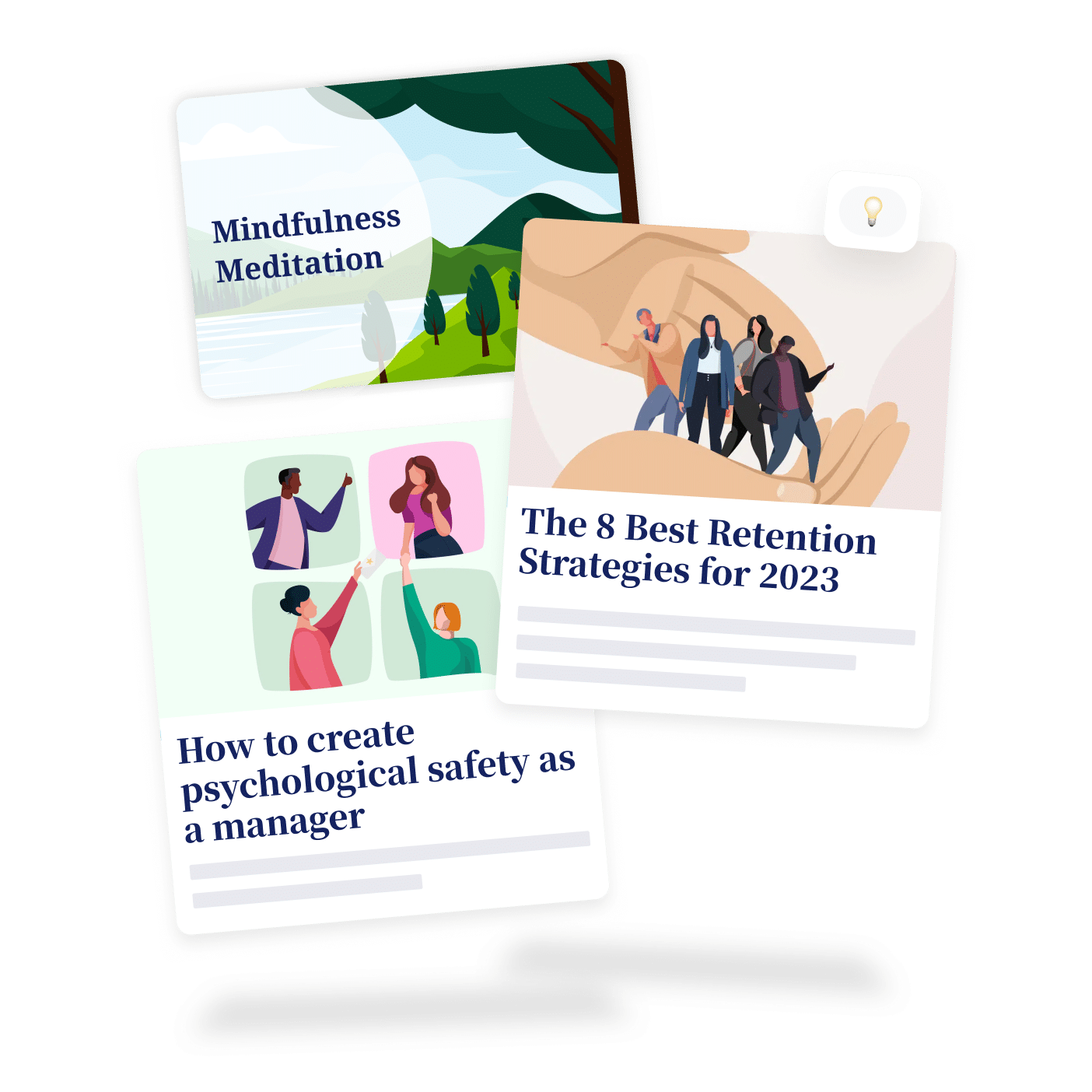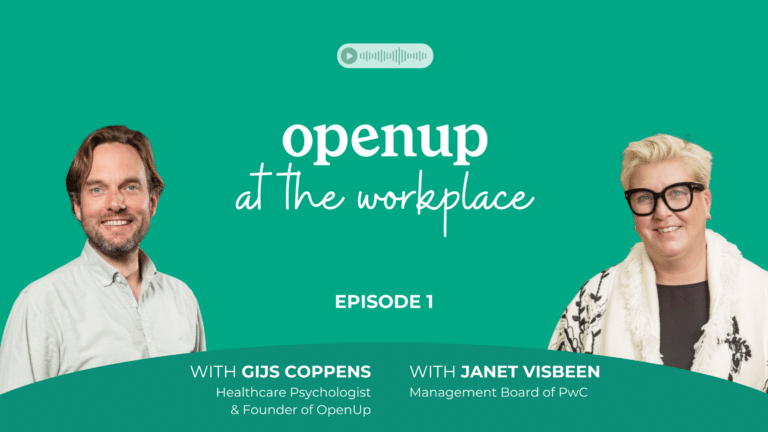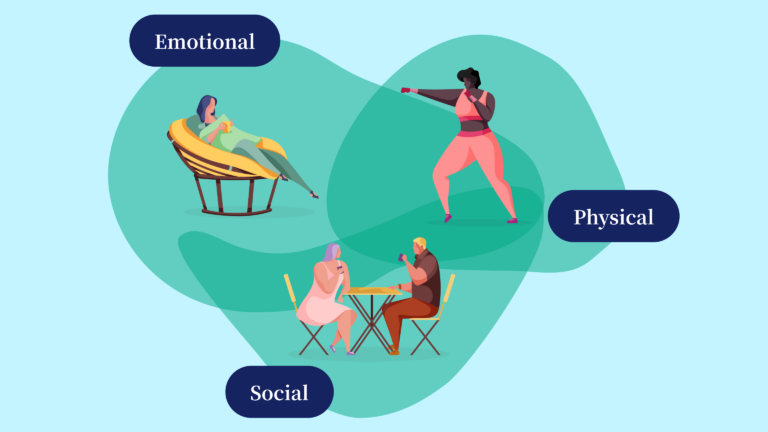But obviously, that’s only if you’re willing to listen. Psychologist Paul Hessels explains how Gen Z’s wants and needs are an opportunity for organisations to improve their company culture.
Generations help us to understand the world
Generations are something humans have invented. They help us to understand the zeitgeist and, according to Pew’s director of social-trends research, Kim Parker: “[They] can be a useful tool for understanding demographic trends and shifting public attitudes.”
They explain how we were shaped by influences from the time we grew up in. This means different generations display different behaviours, beliefs, characteristics, preferences and challenges. And, according to the American Pew Research Center, this is caused by various factors, such as demographic details, events and the dominant pop culture.
What distinguishes Gen Z as a generation?
According to research by McKinsey, there’s a key common denominator amongst this group : it’s a generation that’s looking for the truth. A generation that values fair treatment, for themselves, the people around them and the world we live in.
Breaking down supposed stereotypes
How do we know this? Psychologist Paul Hessels: “Amongst other reasons, because Gen Z’ers resist existing labels and stereotypes. They question rules and normative behaviours.”
But Gen Z is also a generation of contradictions. “At the same time, they’re looking for clear guidance and connection, the same as anybody else. Their search is just more paradoxical than what we’re used to: they want individuality, but they also want to spend their time with like-minded people. It’s even more extreme than we’re accustomed to as millennials.”
Idealistic generation
In addition, this generation cares about creating a better future. “It’s a generation of activists who are showing up for people and the environment,” explains Paul.
“Gen Z’ers prefer to work for companies where they can get involved in environmental and social projects.” They want to earn money while making a difference.
Short attention span
“But there’s a caveat to this,” explains Paul. “Due to having short attention spans and a lack of perseverance, they find it difficult to convert their ideals into concrete actions.”
This short attention span is linked to having grown up with the internet and mobile phones. “For this generation, everything is fast and right at their fingertips. This has an effect on their ability to hold their attention and interest in anything for an extended period of time. In addition, we can’t forget that your brain isn’t fully developed until the age of 25. Part of this could simply be the product of youth.”
Social pressure and mental challenges
Mobile phones are a source of constant distraction and social pressure for this generation.
“This pressure, combined with the tensions of financial uncertainty, war and the climate crisis creates its own set of mental health challenges.”
The number of issues and challenges relating to mental health amongst young people is increasing. “This means it’s also more normal for Gen Z to talk about these things. This generation is more open about their feelings than previous generations,” explains Paul.
“At the same time, I feel that there’s a crisis of meaning amongst many young people. Breaking down existing norms is liberating, but a lack of structure and doubts about the future make it difficult to follow a fixed path without questioning what you’re doing it for.”
Transparency and openness
Gen Z’ers also value transparency and honesty at companies. That applies when they’re buying something from a company, but also when they’re working for a company – both in terms of how the organisation operates, and also its mission.
Personal development
Finally, growth and personal development is an important sphere in the lives of Gens Z’ers. This generation spends a lot of time examining and developing their talents and they also value that in an employer: they want to work for an organisation that appreciates and supports them in their development.
This has been becoming increasingly important since the emergence of our performance society two generations back, but what’s distinct about younger generations is that they want to grow fast – sometimes a little too fast. Paul adds, “Even though Gen Z’ers process information quickly and get the hang of things fast, it’s important to clearly communicate opportunities and advancement possibilities to these young employees.”
And don’t forget to take advantage of this ability to quickly process information. Gen Z’ers learn quickly and easily. Give them space to develop.






